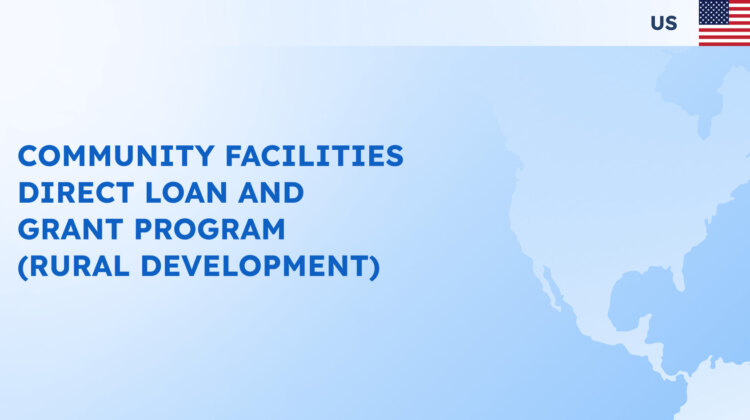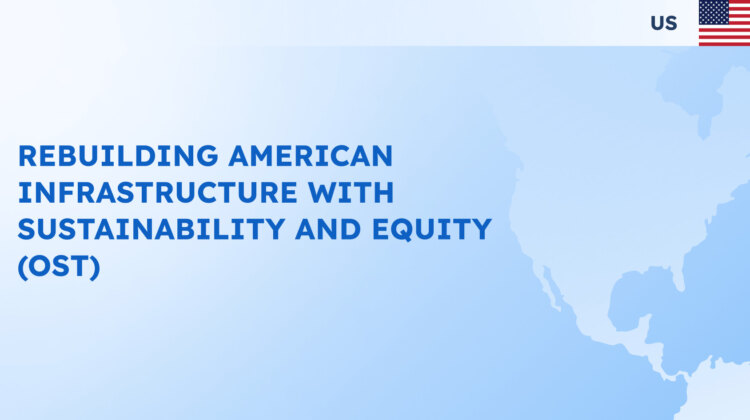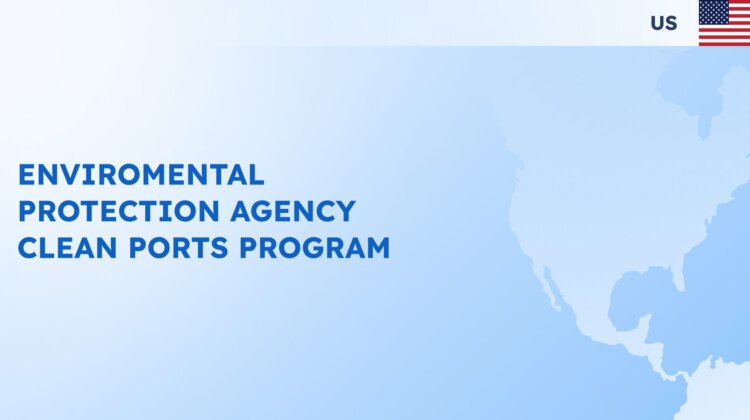Last updated: March 25, 2025
As of March 2025, Section 30C of the Internal Revenue Code still provides a tax credit of up to 30% for the cost of installing EV charging stations, with a maximum of $1,000 per charging port for residential installations. However, recent political actions, including a 2025 executive order by President Trump and proposed legislation to eliminate EV-related tax credits, may impact the future of these incentives. It’s advisable to stay updated on IRS guidelines and legislative changes.
The Alternative Fuel Infrastructure Tax Credit, as fortified by the Inflation Reduction Act (IRA), is a pivotal incentive fostering the expansion of EV charging infrastructure until December 31, 2032. Under this innovative program, eligible entities can avail a tax credit amounting to 30% of installation costs, with a cap of $100,000, catalyzing the proliferation of charging stations. This credit, carefully designed to encourage sustainable transportation, aims to bolster the adoption of electric vehicles by incentivizing the development of accessible and comprehensive charging networks. Consumers who have procured qualified residential charging equipment prior to the aforementioned deadline are eligible for a tax credit of up to $1,000, further enhancing the appeal of EV ownership.
Funding details
The Alternative Fuel Infrastructure Tax Credit amplifies its impact through a structured approach. Eligible fueling equipment installations garner a tax credit equivalent to 30% of the total cost, with the maximum credit capped at $100,000. This fiscal incentive not only propels infrastructure development but strategically targets regions where economic disparities are pronounced. Infrastructure must be installed in census tracts characterized by a poverty rate of at least 20% or a median family income lower than 80% of the State median family income level. This tailored approach underscores the program’s commitment to equitable development.
- Grant Range: The tax credit allows for a credit of up to 30% of the cost of eligible alternative fuel infrastructure expenditures up to $30,000.
- Frequency: Grant applications are ongoing through 2032
- Eligible Expenditures: The tax credit can be applied to expenses related to the acquisition, installation, and construction of EV charging stations and associated infrastructure.
- Maximum Credit Limit: No specific maximum limit is mentioned for the tax credit, but it is subject to the taxpayer’s overall tax liability.
Eligibility Criteria
The program’s reach extends to diverse participants, including nonprofits, the private sector, and individual consumers. Primarily directed at LDV (light-duty vehicle) charging, the incentive aligns with the widespread adoption of electric vehicles for everyday commuting. This broad eligibility spectrum contributes to the democratization of cleaner transportation, promoting environmental consciousness at various levels.
Application Process
Entities looking to capitalize on this incentive must install fueling equipment between January 1, 2023, and December 31, 2032. To claim the Alternative Fuel Infrastructure Tax Credit, EV charging network operators should consult with their tax advisors or professionals to ensure compliance with IRS guidelines. The tax credit is typically claimed when filing the annual federal tax return. Detailed documentation, receipts, and records of eligible expenses should be maintained for proper substantiation.
Key Benefits and Opportunities
- Financial support in the form of tax credits, reducing the overall tax liability of EV charging network operators.
- Incentivizes the development of alternative fuel infrastructure, specifically EV charging stations, supporting the growth of EV adoption and facilitating the transition to cleaner transportation options.
- Enhances the economic viability of EV charging network operators and contributes to a more sustainable transportation ecosystem.
Additional Resources
Read more about the comprehensive program guidelines, eligibility criteria, and application procedures.



















